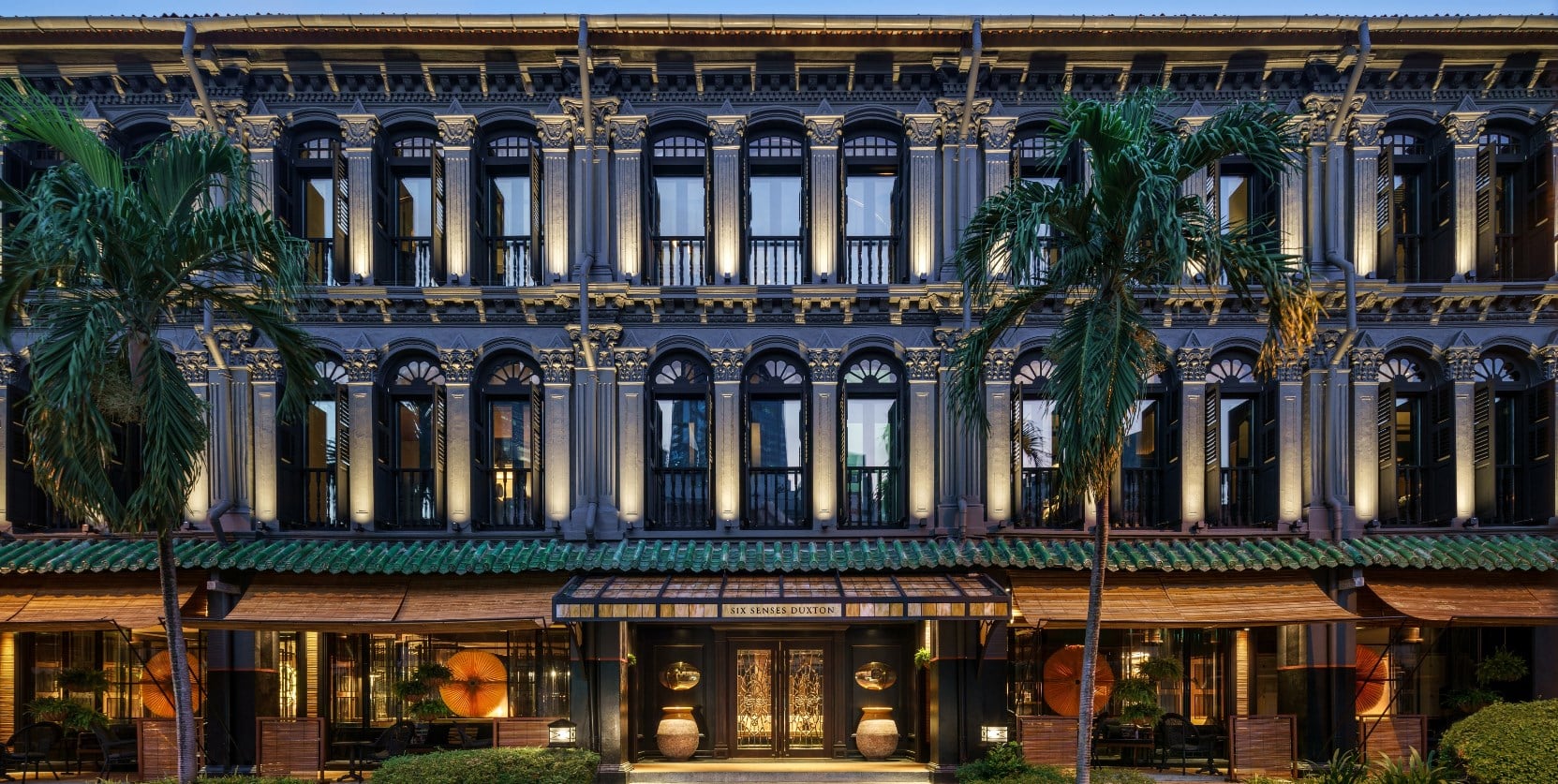Table of Contents
A hotel is more than just a place to sleep when traveling. It can be an experience transporting guests to bygone eras and providing a glimpse into the past. These timeless travel retreats offer the perfect escape from the modern world, allowing guests to disconnect and immerse themselves in a different period. The Garcha Group will discuss how hotels can offer a portal to bygone eras, making for an unforgettable journey through time.
Architecture and Design
One of the most obvious ways hotels transport guests to another era is through their architecture and design. Each style offers a unique glimpse into the past, from grandiose colonial buildings to quaint Victorian cottages. By preserving and restoring these historic structures, hotels can create a portal to bygone eras for their guests to admire and experience.
For instance, hotels become time machines not through literal time-travel mechanics but through meticulous design and construction that evoke past epochs. Castles-turned hotels in Europe, for example, retain their medieval charm with towering turrets and period-appropriate furnishings. The goal is not mere authenticity but an immersive experience that envelops guests in a specific time and place.
Decor and Furnishings
In addition to the hotel’s overall design, the decor and furnishings play a crucial role in creating a time-traveling experience. Whether it’s antique furniture, vintage artwork, or traditional textiles, these elements can transport guests to a specific period and immerse them in the culture and style of that era.
For a more immersive experience, some hotels offer themed rooms designed to replicate a particular period or place. From medieval castles to 1920s speakeasies, these rooms allow guests to step back in time and fully immerse themselves in a different era.
Traditional Cuisine
Food is an essential part of our culture, and each era has its unique cuisine and dining traditions. Hotels can provide guests with a taste of the past by offering traditional dishes and meals that reflect a specific era. From medieval banquets to Victorian high teas, these dining experiences can transport guests to different times and places. Moreover, they offer a sense of connection to the past and allow guests to experience a part of history that is often overlooked.
Historical Tours and Activities
Many hotels are located in areas steeped in history, offering guests the opportunity to explore and learn about the past through historical tours and activities. Whether it’s a walking tour of a historic neighborhood or a visit to a nearby museum, these experiences can offer a deeper understanding and appreciation of the bygone era.
Another way to incorporate history into the guest experience is to offer activities popular in a particular time period. For example, a hotel set in the 1950s may offer swing dance lessons or host a vintage cocktail party.
Cultural Performances
Music, dance, and other cultural performances are integral to many time periods and can help bring them to life for hotel guests. Whether it’s a live jazz performance in a 1920s-themed bar or a traditional dance performance from a bygone era, these cultural performances can transport guests and immerse them in the art and entertainment of the past.
Period Entertainment And Technology Integration
Transporting guests to another era goes beyond a hotel’s physical aspects. The entertainment provided can also contribute to creating a time-traveling experience. From live music performances featuring traditional instruments to cultural dance shows, these activities can transport guests back in time and provide an immersive experience.
Ironically, modern technology is often the gateway to enabling travelers to step back in time. Virtual reality, interactive exhibits, and multimedia installations can provide a context impossible with curtained bedposts alone. Hotels find that carefully integrated technology can enhance the immersion into history without feeling intrusive.
Heritage Preservation
Bringing business to heritage sites can do more than just bring history to life; it can also ensure that these sites remain for future travelers. Many hotels are involved in local historic preservation efforts through financial contributions or active participation, ensuring that the past remains as accessible as any modern amenity.
By preserving and showcasing the local heritage, hotels can offer guests a deeper understanding of the bygone era. Whether displaying artifacts in common areas or providing information about the area’s history, these efforts can create an authentic and educational experience for guests. It also allows them to give back to the community and support preserving these important sites.
Driving Traffic and Value
By offering a portal to bygone eras, hotels can attract a different segment of travelers and increase their overall value. Many guests are looking for unique and immersive experiences when traveling, and hotels that glimpse the past can fulfill this desire. From history enthusiasts to those seeking a break from the modern world, these guests are willing to pay more for an authentic and memorable experience.
For instance, high-quality visuals bring the essence of the travel experience right into potential guests’ homes. Accompanied by engaging storytelling, these visuals ensure readers are informed and inspired. Additionally, user-generated content and endorsements from well-regarded sources bolster the trust and reputation of historic hotels. They highlight that these are not just lodgings but experiences worth having, confirming them as more than a passing trend.
Final Thoughts
The Garcha Group considers that hotels have the unique opportunity to offer more than just accommodation; they can transport guests to different eras and provide an escape from the modern world. By incorporating these ways to offer a portal to bygone eras, hotels can create unforgettable experiences for their guests and make their stay timeless. So next time you plan a trip, consider staying at a hotel offering a journey through time.


